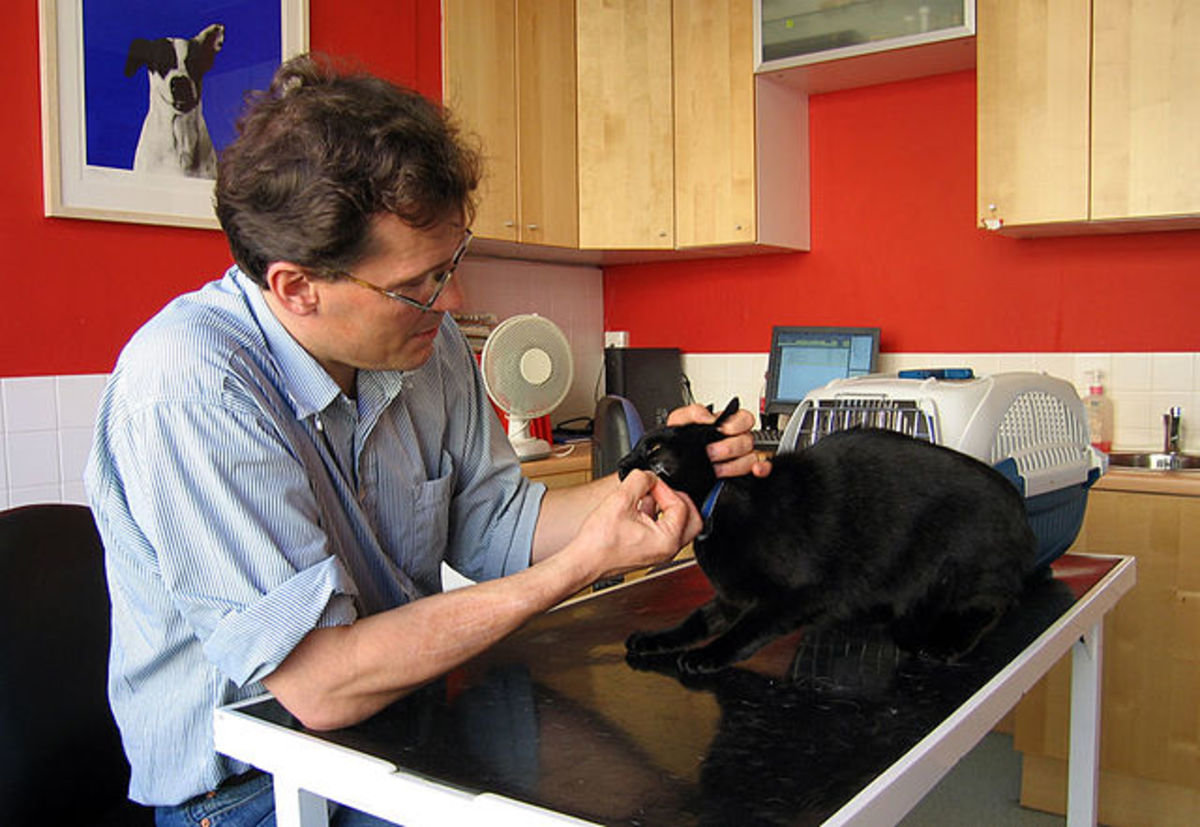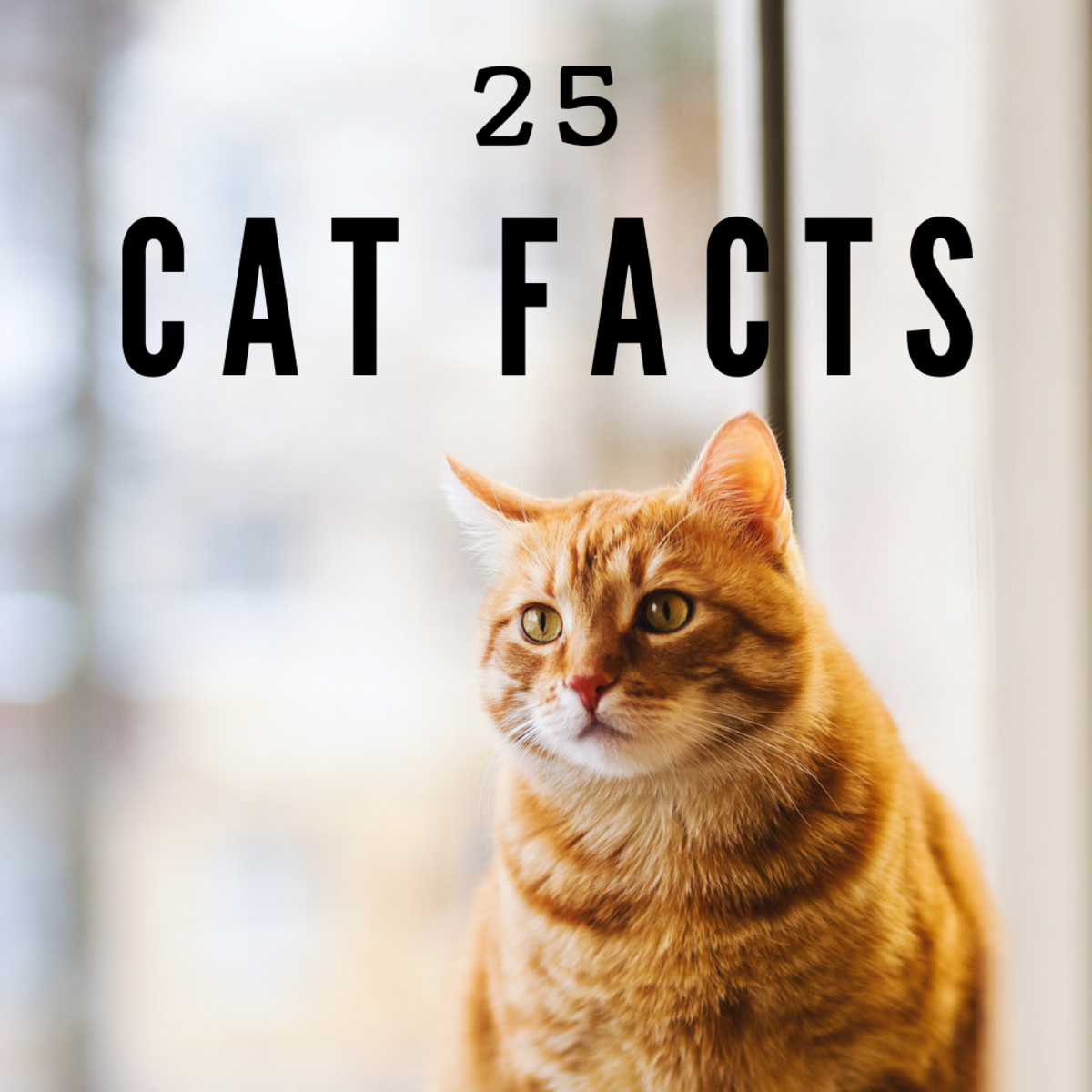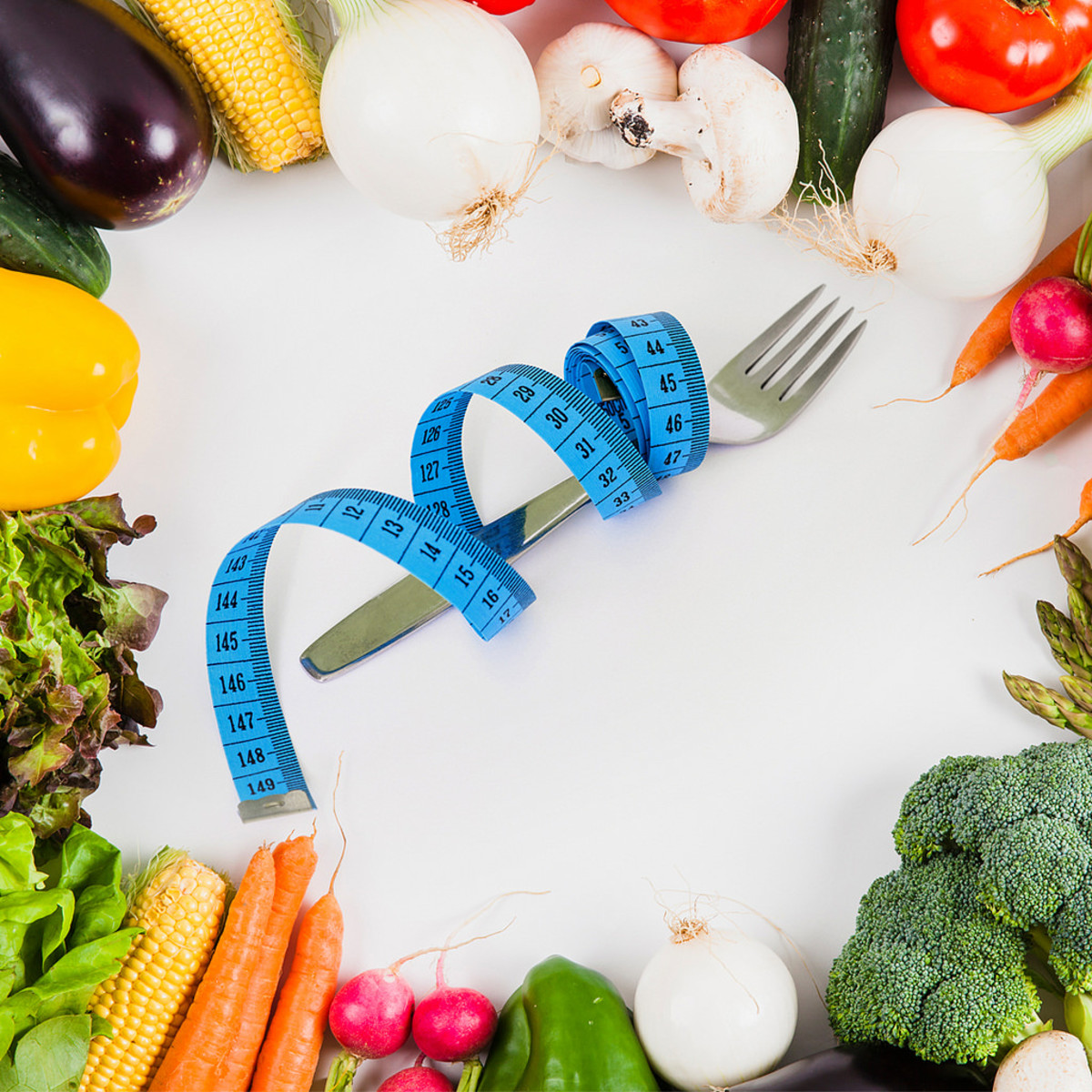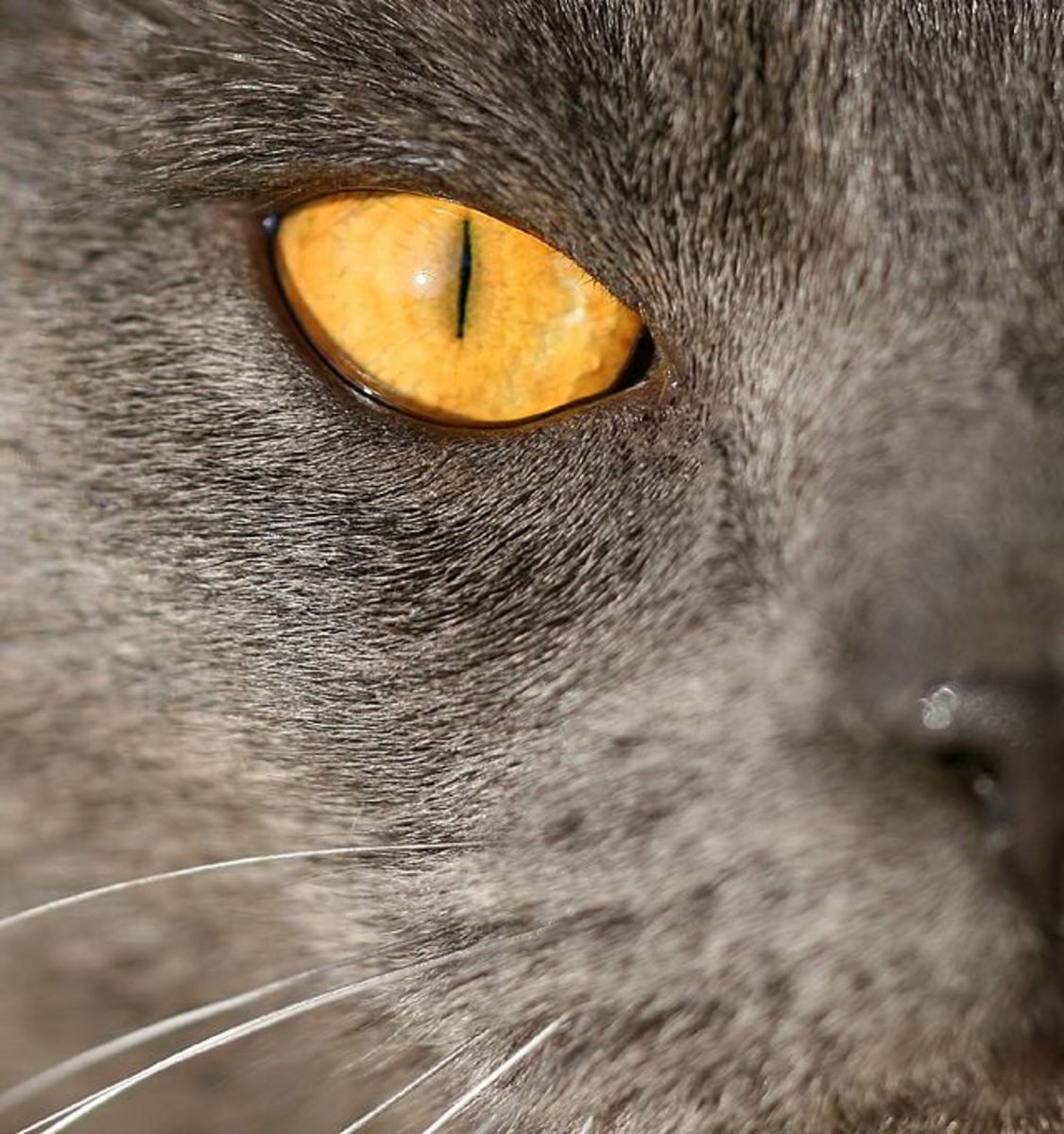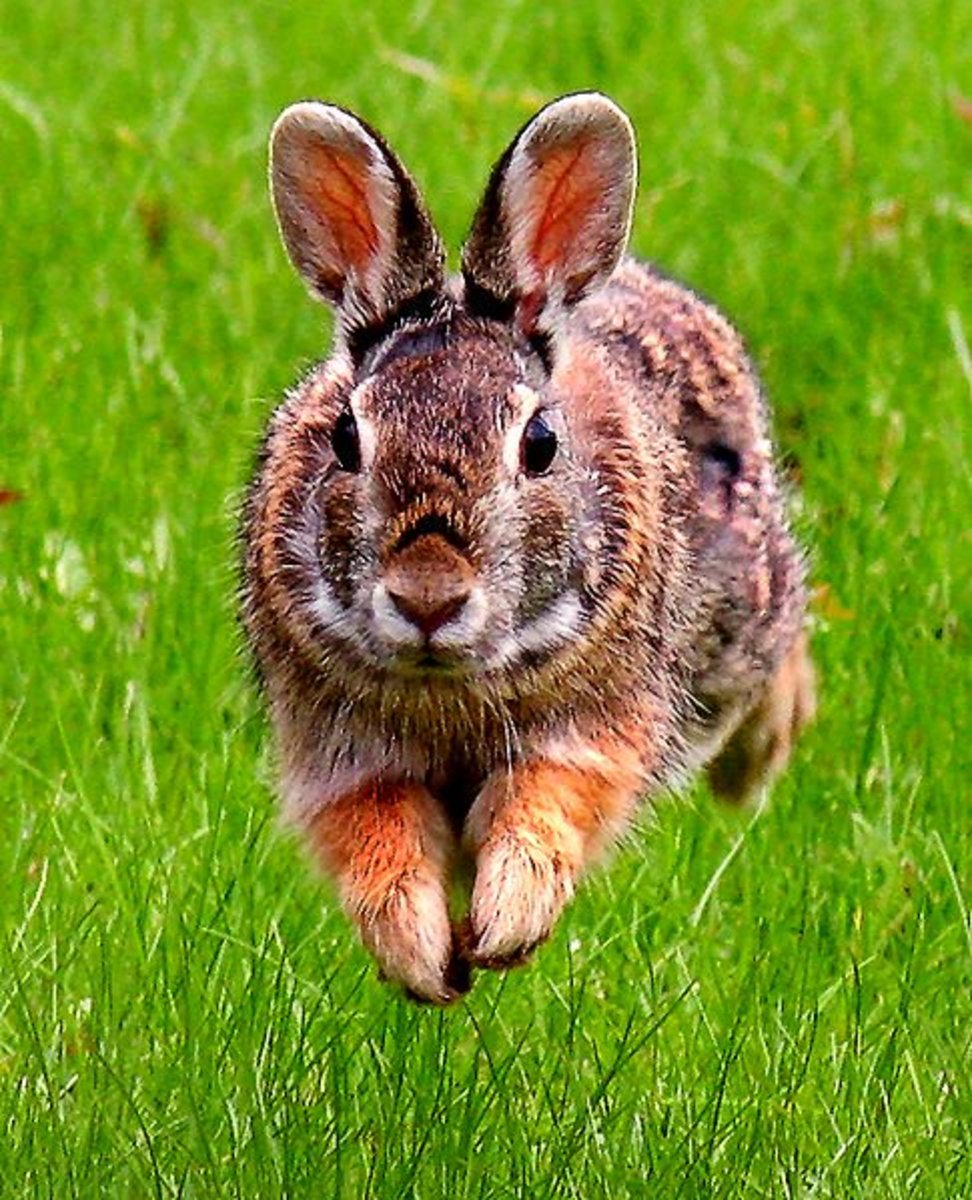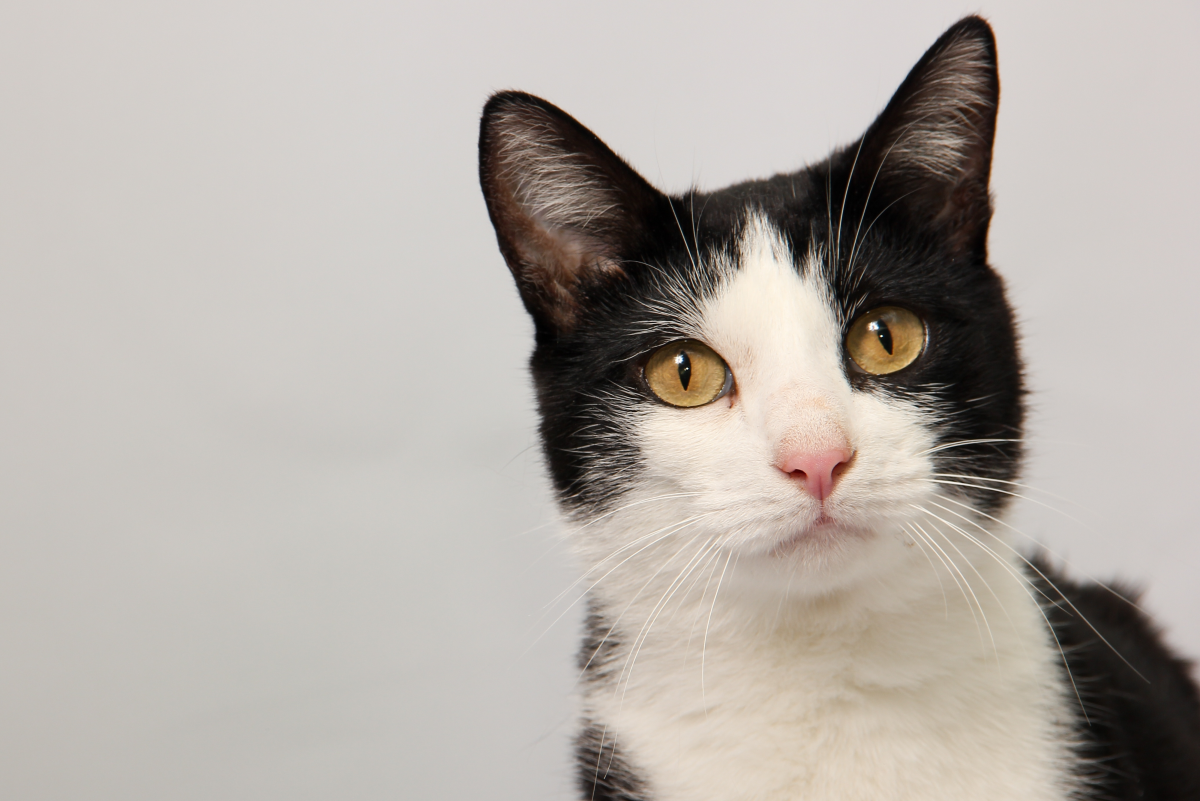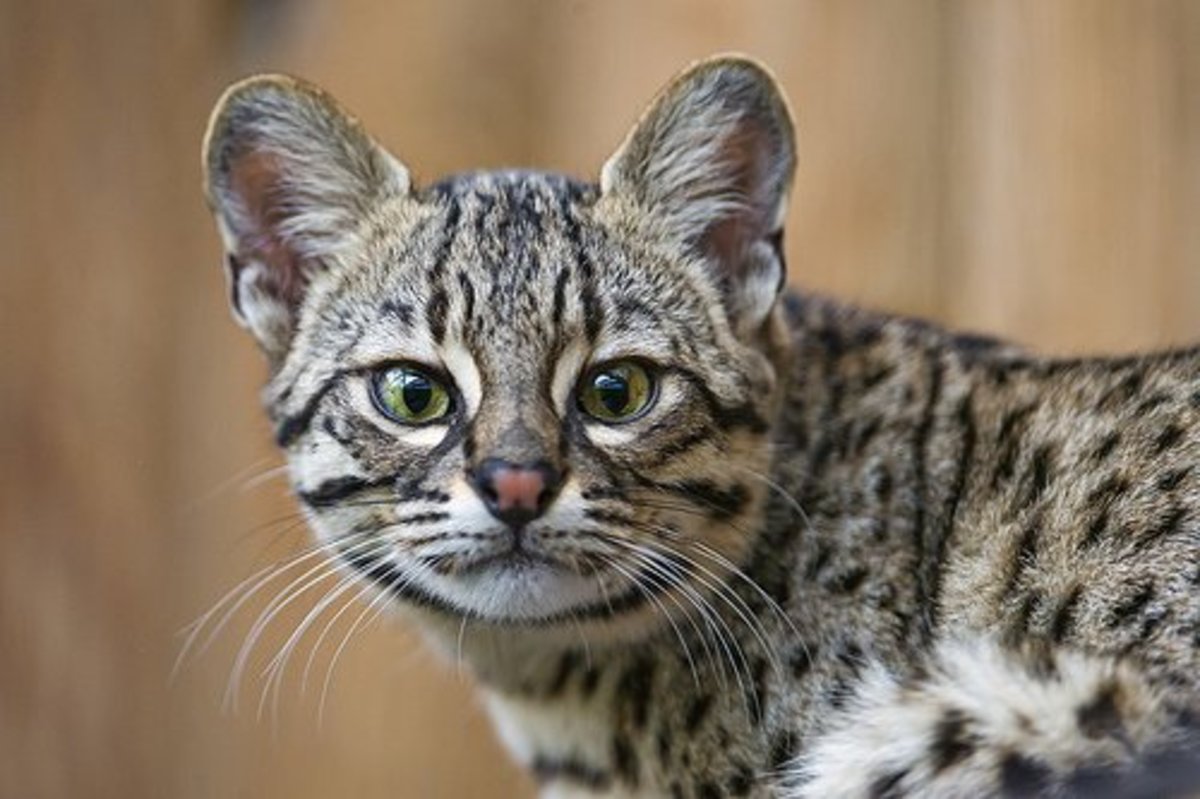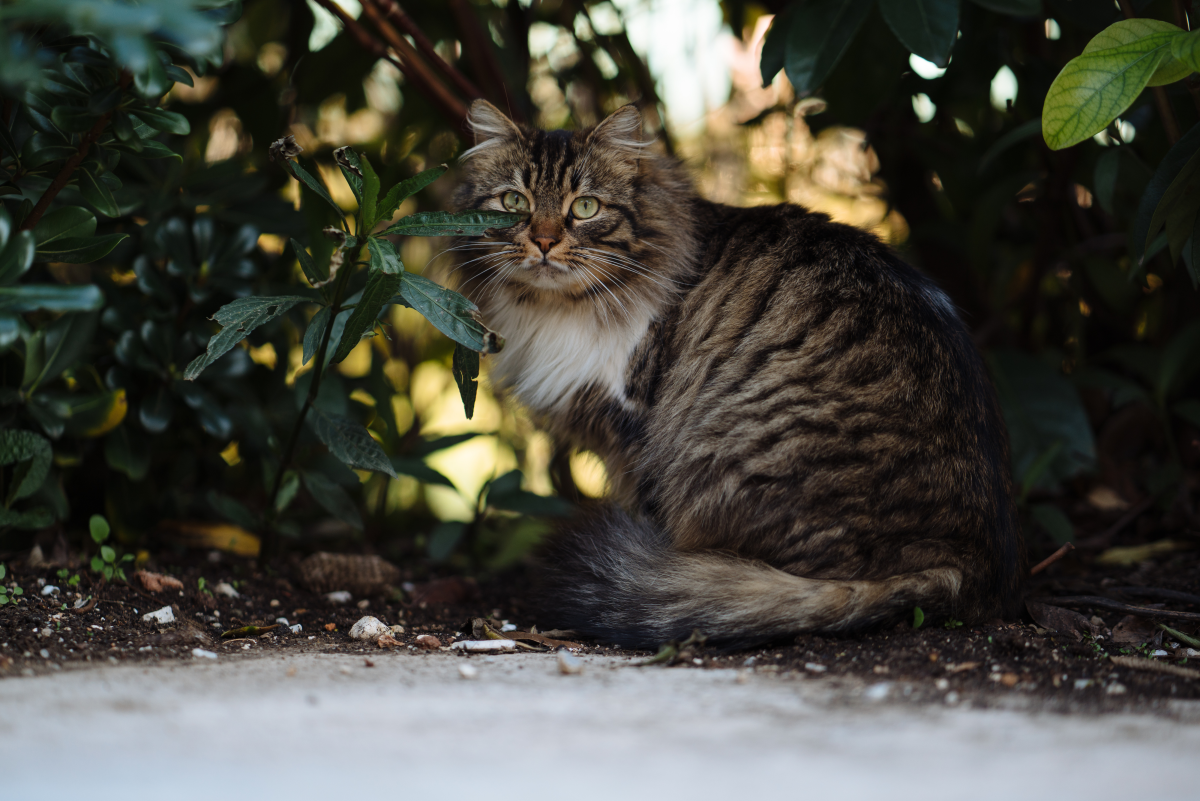Caring for Your Pet: Best Foods for Cats
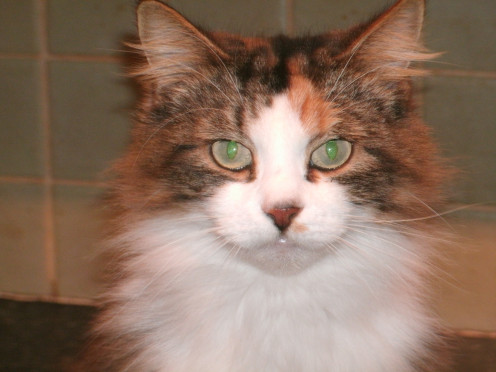
Taking care of pets is a big responsibility and good nutrition is important to your cat's health, growth and life span. Cats are obligate carnivores, which means they are strict meateaters and rely on the nutrients contained in animal tissues for all their daily nourishment requirements.
In the wild, cats hunt for their food and their typical prey is high in protein and has average amounts of fat with minimal levels of carbohydrate.
They also require about 12 nutrients in their diet, which they would typically consume in the carcases of their prey. These nutrients include:
- minerals
- amino acids
- fatty acids
- vitamins
Ensuring your cat's diet is balanced means choosing foods containing all the proteins, fats, carbohydrates and nutrients your pet needs. Feeding added nutrients by way of diet supplements is not recommended for cats, as it can lead to higher nutrient levels than needed and possible ill health. Your cat's food should contain the right levels to achieve the kind of balance received from foods caught in the wild. Feeding too many vitamins and minerals to cats can definitely cause potential health hazards. So, steer clear of feline food supplements unless they have been recommended and approved by a veterinarian.
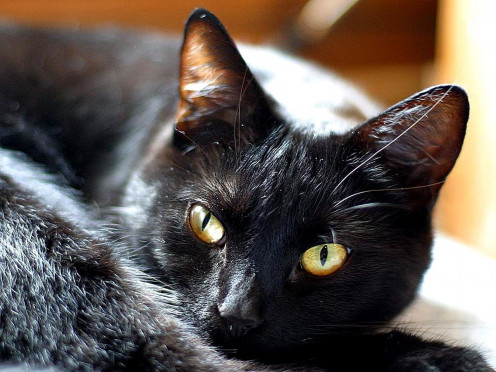
Best Foods for Cats
High quality commercially-prepared cat foods have been scientifically designed to give cats the right balance of calories and nutrients. In the United States cat foods labeled with AAFCO (Association of American Feed Control Officials) approval have a nutritional guarantee that they are complete and balanced. The types of available foods are:
- canned - the main ingredient of canned cat food is meat and its byproducts. There's a variety of flavors to choose from and this food has high moisture content of up to 75 percent, meaning cats can obtain much of their water requirement from canned foods. It is important to check labels to make sure the food you buy is nutritionally complete, and whether it is guaranteed as such.
- semi-moist - this is a dry mix of meat and its byproducts with grain byproducts, soybean meal, cereals and grains and minerals, it contains up to 35 percent moisture and cats may prefer this to dry food.
- dry - formulated from meats and byproducts of meat, grain and milk byproducts, fish meal, fiber and mineral supplements. This food only contains six to 10 percent moisture and is the cheapest type of available cat food.
Different types of commercial cat foods are available for the various cycles in your cat's life. You'll find kitten foods, pregnancy and lactation foods, adult foods and foods that are suited to senior cats and larger grocery stores would typically stock a range of these foods.
When you've established that available foods contain all your cat's nutritional requirements it's a simple (or maybe not so easy.....) matter of finding out whether or not the cat likes it!
If you have any concerns about feeding your cat you should speak to your veterinarian to get professional advice and allay any worries.
Pregnant and lactating cats need specialist diets
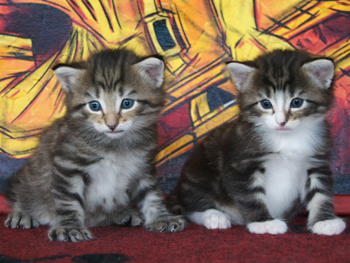
Don't Add Food Supplements to Your Cat's Diet
Ensuring your cat's diet is balanced means choosing foods containing all the proteins, fats, carbohydrates and nutrients your pet needs. Feeding added nutrients by way of diet supplements is not recommended for cats, as it can lead to higher nutrient levels than needed and possible ill health. Your cat's food should contain the right levels to achieve the kind of balance received from foods caught in the wild. Feeding too many vitamins and minerals to cats can definitely cause potential health hazards. So, steer clear of feline food supplements unless they have been recommended and approved by a veterinarian.
Survey on cat food supplement use
Do you give your cat diet supplements?
Types of Diet Supplements for Cats
A quick internet search revealed some types of food supplements and medications you may be tempted to give your cat include:
- liquid medications for healthy fur or to reduce shedding and moulting
- vitamin pills and oils
- chews or chew sticks enriched with nutrients and vitamins
- herbal pills or supplements with garlic, additional amino acids, etc
- additives and medicines for elderly cats to improve joint health
- fish oils
The list of supplements you could purchase is perhaps endless, limited only by the ingenuity of the pet food supplement manufacturers. If you feel tempted to start supplementing your cat's diet with any dietary additives you should consult your veterinarian beforehand.
Healthy cats don't need diet supplements not sure about birds though!
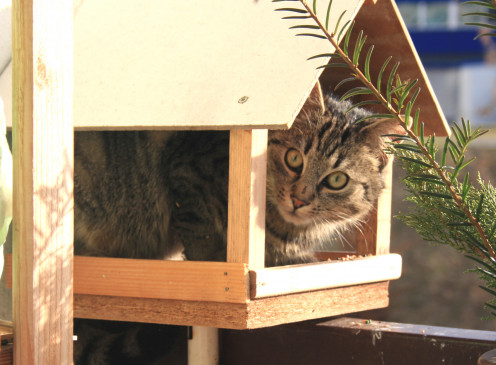
Your Cat's Diet
What is your cat's main food?
My Cats' Diet
We have two cats; Lily and her son, Julian. I feed them on a mixture of tinned cat meat or cat meat provided in individual pouches and they also have a bowl of complete cat food dried munchies available at all times with fresh water. If you do give dry food to your cat you must ensure they have access to water as this type of food makes them more thirsty. Julian loves milk, so he slurps a bowl or two of milk a day as well. Milk's not recommended as a primary drink for cats though. I don't really give them the same brand of food each day, as I buy it from a couple of local stores. I give them food that's geared to adult cats, though I am considering changing over to food targeted to senior cats as Lily will be eight years old soon.
They seem to prefer the pouches of cat meat, which I generally buy in boxes of 12 and select the fish flavored varieties. I prefer the pouches of food because they're easy to rip open and it's a lot cleaner to squeeze the food out of the pouch as I don't need to bother cleaning forks or spoons, I do find some of the food in the pouch is wasted though as it can be difficult to get all the meat out at times. Here in the UK, Whiskas is a popular brand of tinned food so they eat that on a fairly regular basis, too. From a nutritional perspective, the labels for both these types of cat meat are fairly similar so I'm sure the cats get all their nutritional needs. I only share one can of meat between them per day, or give them an individual pouch of meat each per meal. I know this is not quite enough food for their daily needs which is why I supplement with cat biscuits; whatever the cats leave is cleared up by my dogs at the end of the day so the cats get a fresh bowl of dry food each day as well.
I do find Lily gets diarrhea when she's given too much rich food. She's my eldest daughter's pet and when my girl is around she often feeds Lily meat from her dinner plate. I try to discourage that because it really does not seem to suit the cat. Julian can eat anything and everything, and does!
How Much Food Should My Cat Eat?
References
I used an article from Cornell University Veterinary School of Medicine as a source for this article and also looked at a page on WebMD
The RSPCA in the UK and the American Animal Rescue Society in the States are also great sources for information about caring for cats and other pets.


